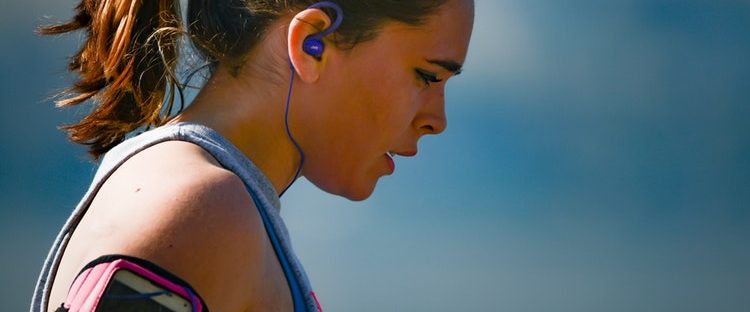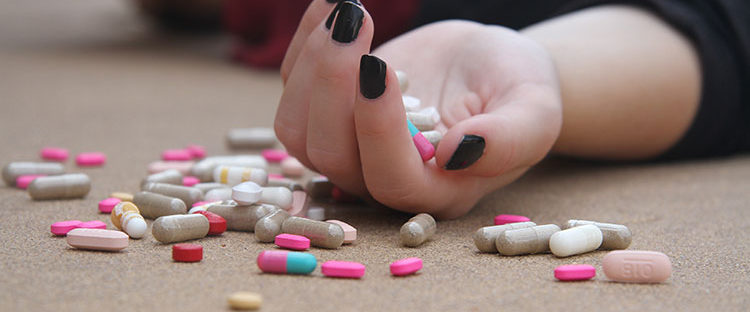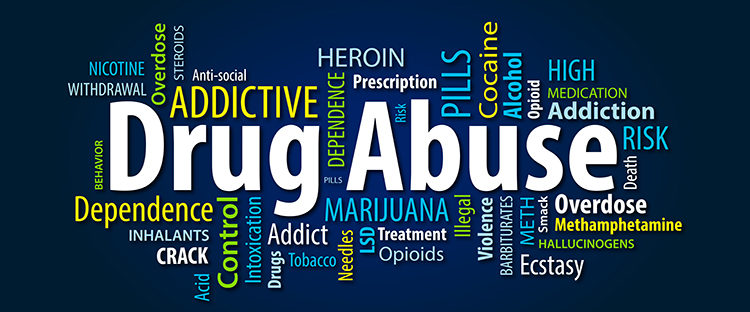Mindfulness is generally understood as a state of mental focus and awareness that is used in meditation practices. More recently, it has become a popular aspect of cognitive behavioral therapy and has been used to help with addiction recovery.
What Exactly is Mindfulness?
When you are practicing mindfulness, you become aware of your inner self and your external surroundings. While engaged in mindfulness, you are focused on your responses to things that are going on around you in that present moment. The main goal of mindfulness is for you to become aware of your surroundings and feelings without getting attached to what you are experiencing in the moment.
Mindfulness itself is not difficult; however, it does require some self-discipline. When practicing mindfulness, it is important to bring your focus only to what is presently happening around you.
How Can Mindfulness Help with Addiction Recovery?
While mindfulness seems like a simple concept, it does require focus. It can help people who are working on recovery from addiction because it forces them to slow down and achieve a sense of tranquility and calmness. As you practice mindfulness during your recovery, you will be able to appreciate things that you did not notice before while engaging in substance abuse. When you allow yourself to slow down and take in the wonderful experiences that life has to offer to all of your senses, it can help you want to stop seeking out pleasure through your past addictive behaviors.
Mindfulness can also help you with recovery in that it can make you more aware of your reactions to what is happening around you. When you become more aware of this, you can start to better understand your own feelings and your own mind. This can help you stay in control of your mind moving forward and be less likely to return to substance abuse.
Another way you can work through the recovery process is to live in a sober living home. At Tharros House, we offer our residents many benefits as they work through recovery. Contact us today to learn more.











